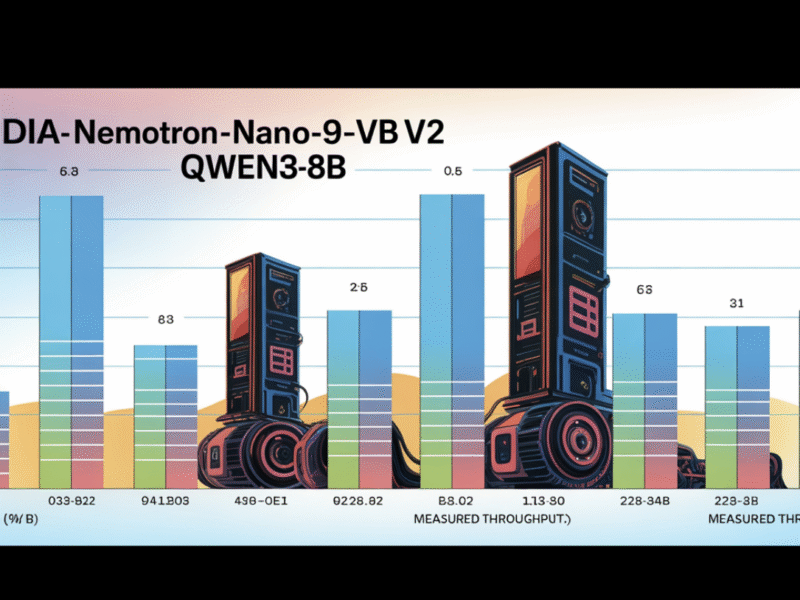A wave of concern is sweeping through the media world as News Corp raises an alarm over artificial intelligence models allegedly mining content from iconic books—most notably, The Art of the Deal.
In the company’s latest earnings call, CEO Robert Thomson didn’t mince words, calling it “blatant theft” and asserting that AI-driven cannibalization could undermine authors’ future revenue.
Thomson said News Corp is walking a dual path—“wooing and suing”—as they negotiate licensing deals with AI firms while preparing legal defenses. Amid this, the company’s robust performance from its digital real estate and Dow Jones units is cushioning a slump in traditional news revenue.
AI and Intellectual Property: The Broader Battle
Content rights aren’t a niche issue—they’re a front-line battle in today’s generative AI era. Meta, OpenAI, and other tech giants have all faced backlash for training their models on unlicensed or copyrighted media.
While some firms cite “transformative use,” critics argue that harvesting content without permission amounts to theft, not transformation.
The legal fog remains dense. Meta won a recent case related to The Art of the Deal, but the ruling didn’t settle the broader question of permissible AI usage under copyright law.
Context Matters: Why It Feels Personal
If it sounds dramatic, that’s because it is. The Art of the Deal isn’t just a bestselling business book—it’s embedded in our cultural DNA. Fans, detractors, and critics know its phrases. If an AI model learns from it without authorization, the damage isn’t just legal—it’s emotional.
This isn’t just about one book or one author. News Corp’s concern reflects the industry’s collective fear: that unchecked AI could erode the value of creativity itself.
Robert Thomson summed it up well—undermining copyright protection isn’t just a legal offense; it’s a threat to creative virtuosity.
What Lies Ahead for AI and Publishing
As this plays out, keep an eye on licensing arrangements. Some pioneering deals already exist—for instance, News Corp has successfully licensed its content to AI firms before—raising the possibility of new frameworks that reward creation rather than permitting theft.
Still, threats loom: from lawmakers struggling to define AI regulation, to platforms needing better transparency, to authors fighting not just for income but for creative recognition. The art of the deal, it seems, is evolving—fast.

